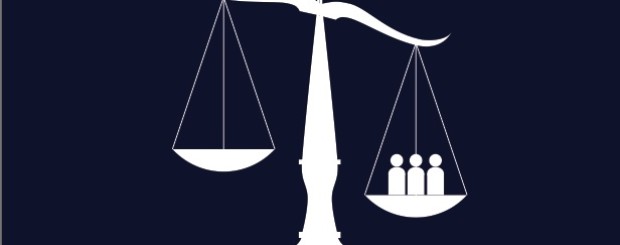Specialists in Serious Fraud and Complex Criminal Defence
Joint enterprise (murder) law wrongly interpreted for 30 years Supreme Court rules today

- Posted
- AuthorSeema Parikh

Seema Parikh, Solicitor and Managing Partner of criminal defence specialists firm MPR solicitors in London takes a look at this much awaited Supreme Court ruling and why the law on joint enterprise (murder law) was so controversial and in many cases manifestly unfair.
The Supreme Court, the highest court in England and Wales has ruled today that a key test imposed by judges in assessing guilt in joint enterprise cases had been wrongly applied for the last 30 years. This was a unanimous judgement delivered by the five Supreme Court Justices.
For 30 years criminal practitioners and judges have been forced to struggle with the law of joint enterprise. Now this landmark judgement will in future reverse the tide of unfair convictions. So why all the fuss? The old law on joint enterprise was used to obtain hundreds of convictions for the most serious offences based on the weakest legal basis. Many cases recently involved children and young BME men being charged and convicted by association or merely being close to the scene of a crime or being bystanders.
To fully understand the implications of this historic sea change in the law of joint enterprise one has to ask “What does joint enterprise mean?”
If two persons set out to commit a crime together, and in the course of that joint enterprise, one of them commits another offence, the second person is considered guilty of the second offence if he had foreseen the possibility that the first person might act in the way that he did. Therefore, under the old law of joint enterprise, it was enough to realise that someone else might commit a crime and the prosecution did not have to prove that the second person intended that the crime be committed. It effectively ruled out the requirement of the Prosecution to prove intent of that second person. Ironically and incredibly this meant that the test involved to prove the guilt of the secondary party was far lower than that used to prove the guilty of the primary party which was the necessary mental element such as intent in most cases.
Lord Neuberger presiding at the Supreme Court said “The correct position is that ….. foresight of what the principal might do is evidence from which the jury may infer that he intended to assist or encourage to do so ……… but it is for the jury to decide on the whole evidence of whether he had the necessary intent”.
Will this open the floodgates for appeals against historic convictions?
The Supreme Court made it very clear in its judgement today that as a result of putting the law right, it would not consider previous historic convictions quashed in which the (unfair) correct law at the time since 1984 was correctly applied by the Courts. This means that this landmark judgement will not impact upon earlier notorious joint enterprise cases. However, it begs the question that undoubtedly those cases where convictions arose out of an incorrect understanding of the law will be considering appeals. This does allow some hope for those convicted by the law of joint enterprise.
The future
All experts acknowledge that the review of the law and practice of joint enterprise was long overdue. It is to be seen but I sincerely hope that the change in the law as applied to the principle of joint enterprise will transform the fairness of future trials and potentially of those who could have ended up being convicted by association without the requisite intent.
For the full judgement please click here
MPR solicitors LLP undertake complex and serious crime defence work around the country. Whilst the firm is London based it is by no means London-centric and its lawyers have been involved in defending some of the most serious cases across the UK and overseas.
The firm is often contacted for second opinion advice where those accused or charged with offences require the services of experts in this field and for peace of mind seek a second opinion from MPR solicitors leaders in Second Opinion legal advice.


Comments